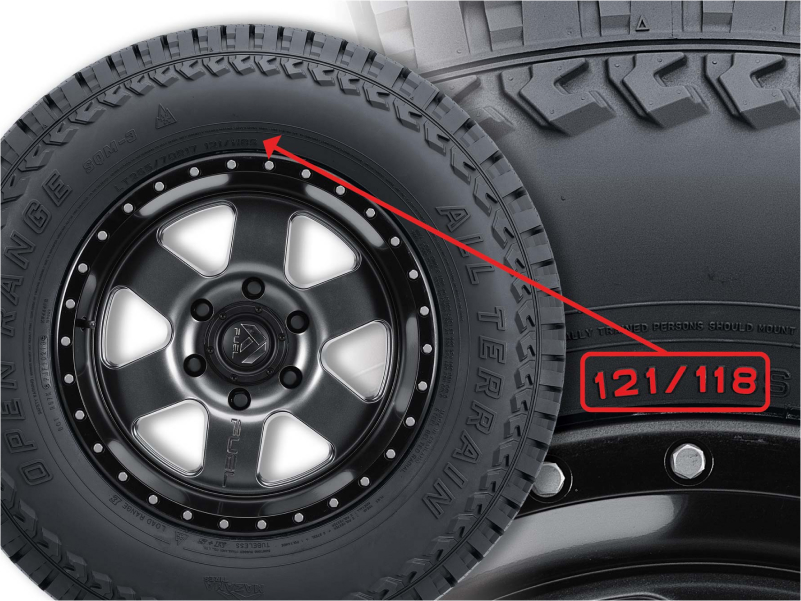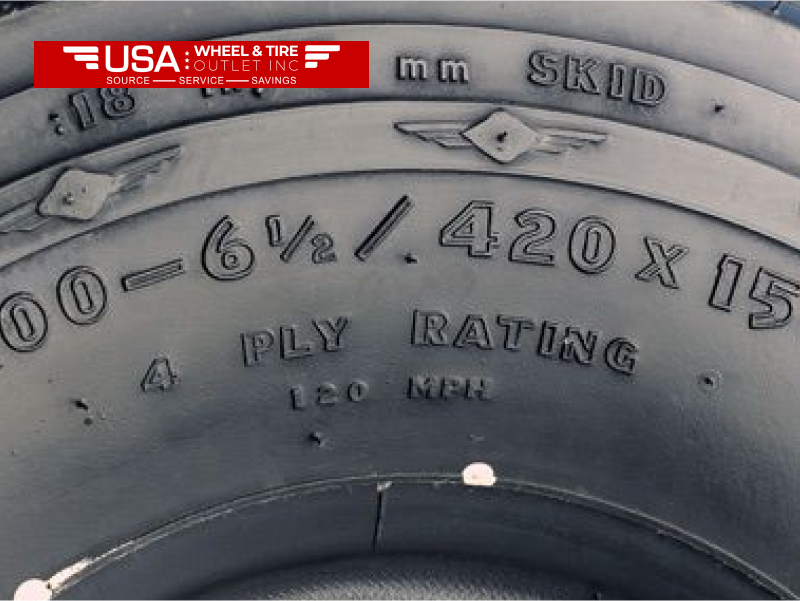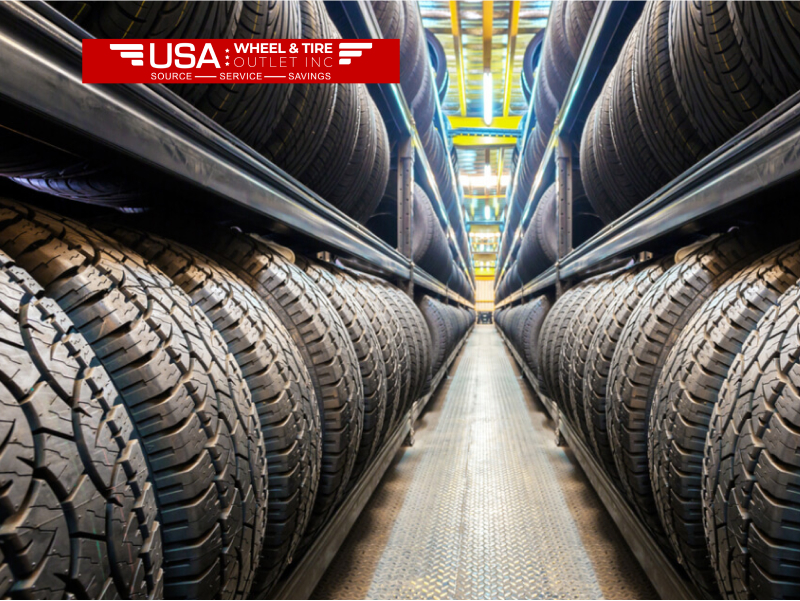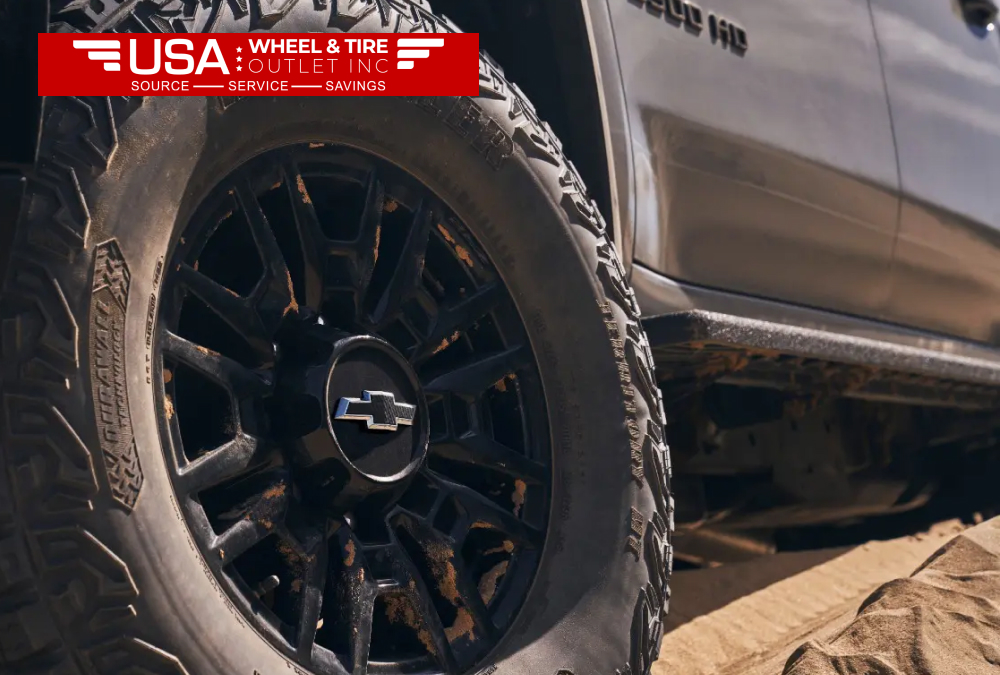Tire selection for your Chevy 1500 is very significant to achieve the best possible performance, safety, and mileage from your Chevy 1500. One of the most important factors is the load range; it simply means how much weight a tire can carry safely. Understanding load ranges can easily lead to an educated decision so that your car runs properly in any situation. In this article, we will look at load ranges, how to choose the best load range for your Chevy 1500, and some things to consider when making a final choice.
Understanding Load Range
The load rating of a tire is identified using letters- usually between C and E- each indicating a maximum capacity. Here’s a quick overview:
Load Range C: Suitable for light loads. It is typically supported up to 1,980 lbs per tire.
Load Range D: It can accommodate heavier loads and support 2,300 lbs. per tire.
Load Range E: It will offer to be good for heavy-duty applications since it can meet the requirement of up to 3,500 lbs. per tire.
The choice of load range may prove helpful in rendering an assurance that your Chevy 1500 is adequately equipped to bear the type of weight it’s designed to carry – whether it’s the amount of daily driving or towing or hauling that it will eventually be subject to.
Why Load Range Matters for Your Chevy 1500
1. Safety
The proper load range tires also serve the purpose of safety in the prevention of blowouts and stability of a vehicle.
Underloading tires that are rated for the weight may bring about dangerous situations, such as losing control or having accidents.
2. Performance
The right load range impacts your performance of the Chevy 1500. Its handling of highways and even rough terrains will be better when using tires matched to your vehicle’s weight capacity and its braking and traction, too.
3. Tire Long Life
The right load range also determines the long life of your tires. Overloading tires lead to uneven wearing and thus failure earlier, while tires rated well will ensure that they wear evenly and last longer.
How to Select the Right Load Range

1. Check Your Owner’s Manual
The best you can do is refer to the owner’s manual for advice about which load range is best suited for your Chevy 1500. It gives suggestions based on configuration, gross vehicle weight rating, and payload capacity.
2. Your Usage
Think about how you’ll actually be using your Chevy 1500. Does it spend most of its time on the daily commute, or do you spend most of your time towing trailers or hauling heavy stuff? Your needs should define the right load range for you:
Commuter: If you drive your truck every day, you can probably get away with a Load Range C or D tire.
Towing/Hauling: For towing trailers, car hauling or off-road exploitation, a Load Range E tire is usually recommended for better safety and performance.
3. Analyze Tire Specifications
Once you get a general notion of the amount of load required, try to analyze the tire specifications from various manufacturers. Look for such tires width.
Load capacity equaling or even surpassing your Chevy 1500 needs.
Should be suitable for the driving conditions you frequently encounter whether that is on-road, off-road, or a combination of both.
Should provide features in their tread design, rubber compound, and durability ratings to suit your driving style and conditions.

4. Consult with Professionals
If you do not know which load range to get, you should contact a tire professional or your local dealership. They can be able to tell you what load range is best for your specific setup, use, and any modifications you’ve done on your truck.
Extra Things to Consider
1. Type of Tires
Apart from load range, consider the kind of tires that will best fit your needs:
All-Terrain Tires: For use both on roads and off roads, all-terrain vehicles are versatile.
Mud-Terrain Tires: For severe off-road use, with higher traction in mud and bad grounds.
Highway Tires: For driving on the road most of the time, with an emphasis on fuel efficiency and comfort.
2. Seasonal Considerations
Moreover, if you live in an area where it snows heavily, consider seasonal tires. You can upgrade to winter tires with an appropriate load range that has the specifications for more safety and better performances. On the other hand, if you live in an area where it gets extremely hot during summer, summer tires could give you the best handling and performance.

3. Brand Name
Lastly, you must consider known brands of good quality and reliability. Check reviews, ratings, and warranties before you opt in for a good sound investment.
Conclusion
The load-carrying capacity is the most crucial consideration when selecting tires for your Chevy 1500. While high-quality tires offer excellent safety and performance features, their durability and longevity depend on making the proper choice. Whether you’re hauling, towing, or driving through rough terrain, the right tire selection will make all the difference in your driving experience, ensuring years of optimal performance for your Chevy 1500. Consider consulting USA Wheels and Tires for expert advice and premium tire options, helping you enjoy a smoother, safer ride.
Read Also: What PSI Should 35-Inch Tires Be for Optimal Performance?
Load Range Tires for Chevy 1500: Frequently Asked Questions
1. What is load range on tires?
This is the maximum weight a tire can safely carry, expressed as letters (C, D, E) in this case. The higher the letter, the more load it can support.
2. How do I choose the proper load range tire to put on my Chevy 1500?
Check the owner’s manual for what load range the specifications of your vehicle call for by its gross vehicle weight rating and intended use.
3. Can I mount a tire that is bigger than recommended load range?
Yes, a bigger load range can add safety and performance, but always be certain that the tire fits your vehicle and driving conditions.
4. What is this if I used tires with lower load range than needed?
It may just blow, affect the handling of your vehicle, and compromise safety under heavy loads or tow situations.
5. Do you have to consider the type of the tire along with the load range?
Absolutely! The type of the tire-all-terrain, mud-terrain, or highway-must work in consonance with that load range selection to deliver ideal performance for your particular on-road conditions.





